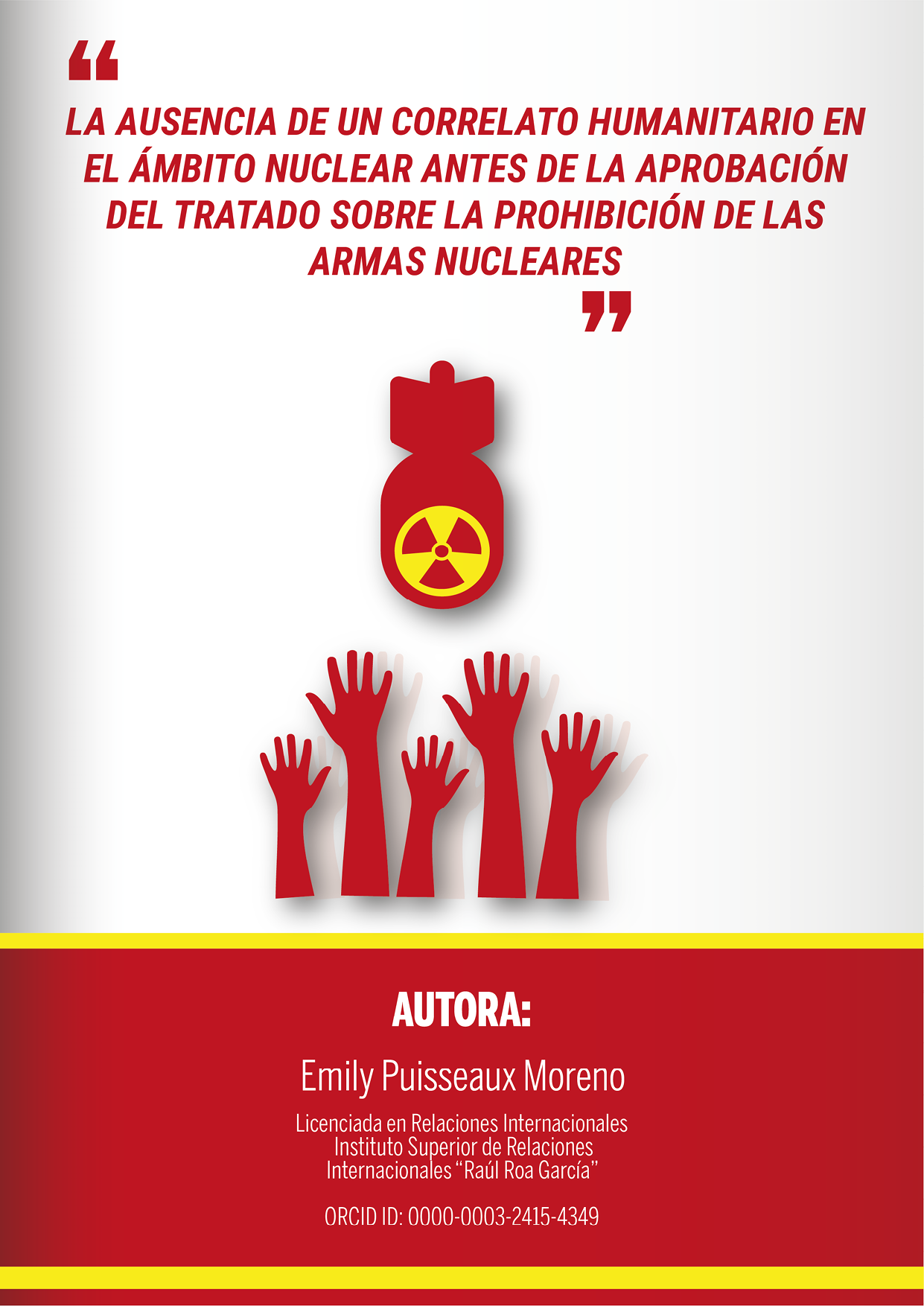The absence of a humanitarian human correlate in the nuclear field prior to the adoption of the Treaty on the Prohibition of Nuclear Weapons
Keywords:
humanitarian disarmament, security disarmament, nuclear weapons, TPNWAbstract
In contrast to the international instruments on conventional weapons adopted within the framework of humanitarian disarmament, until 2010 the various agreements and treaties of the nuclear non-proliferation and disarmament regime had been part of the so-called security disarmament negotiations. Their adoption, therefore, had not been distinguished by humanitarian, moral or ethical motives, but by the accelerating deterioration of the international security context and threats to the status quo of the major nuclear powers. Consequently, treating nuclear disarmament as a humanitarian issue revolutionized the nuclear weapons debate and led, to some extent, to the adoption in 2017 of a new international norm: the Treaty on the Prohibition of Nuclear Weapons (TPNW). In the light of the above, this article aims to examine the causes of the absence, until 2010, of a humanitarian correlate in the nuclear field.
Downloads
References
Citas, Referencias y Bibliografía disponibles en los documentos.

Downloads
Published
How to Cite
Issue
Section
License
Copyright (c) 2025 Revista Científica Universitaria Ad Hoc

This work is licensed under a Creative Commons Attribution-NonCommercial 4.0 International License.











